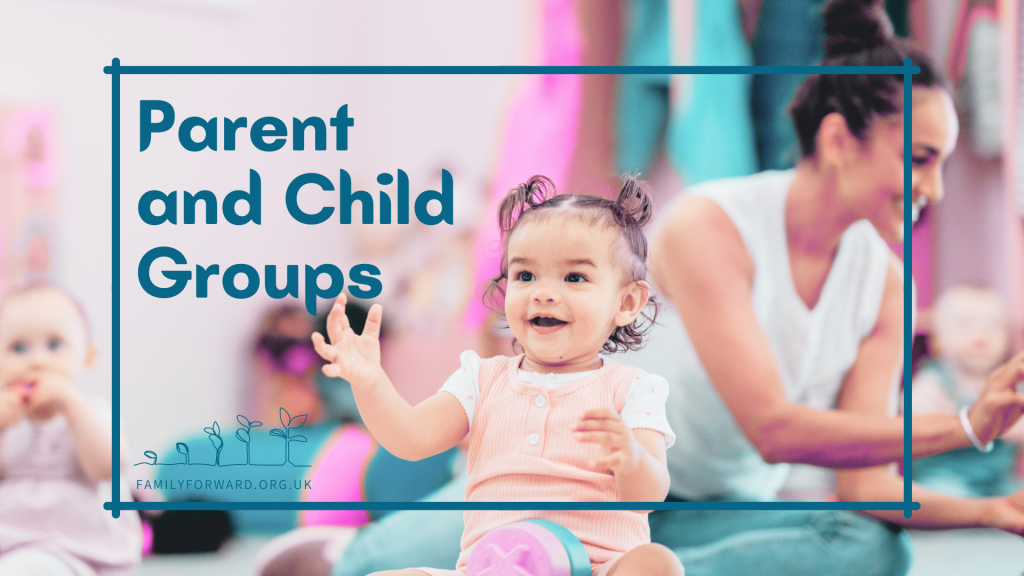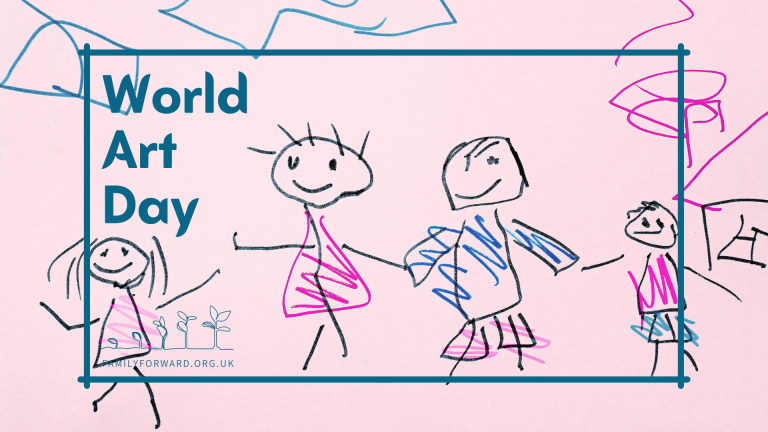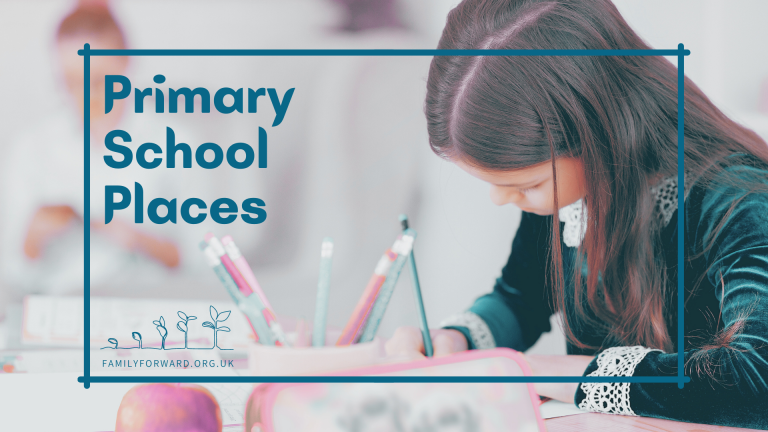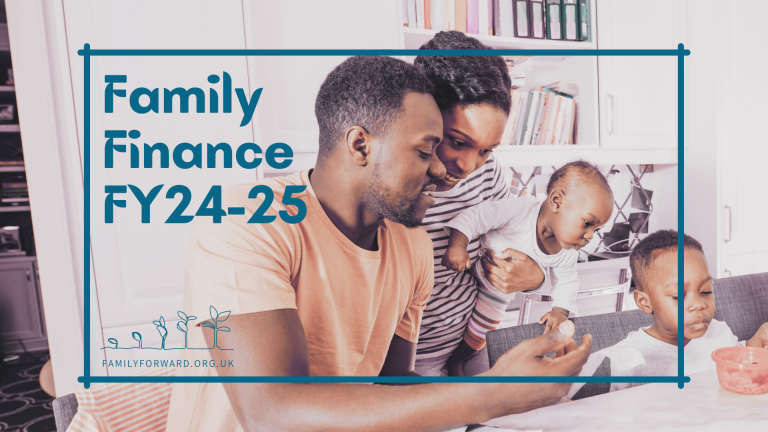Parent and Child Groups Combat Social Isolation
Parent and child groups have an important role in the fast-paced modern world, where social isolation has become increasingly prevalent among parents, particularly those with young children.
An already busy life can suddenly feel overwhelming with the addition of a small person to look after and develop. This isolation can significantly impact a parent’s mental health and well-being, as well as affect the social and developmental progression of their children.
Parent and child groups, often overlooked, play a crucial role in providing a supportive community network that facilitates essential social interaction, play, and learning opportunities. These groups can be a lifeline, offering parents and children a chance to connect with others in similar situations.
Understanding Social Isolation in Parents
Social isolation can occur in parents, especially new parents, due to several factors, such as moving to a new area, lack of family support, or the physical and emotional demands of parenting. This isolation can lead to increased stress, depression, and anxiety, significantly impacting a parent’s ability to care for themselves and their children. Children of socially isolated parents may also experience delays in social and emotional development, highlighting the need for support mechanisms that can prevent these issues.
Benefits of Parent and Child Groups
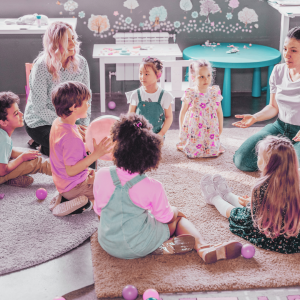
Building a Support Network
Parent and child groups provide a platform for sharing experiences, challenges, and achievements in a safe, non-judgmental environment. This sharing helps build a sense of community and belonging, reducing feelings of loneliness and isolation.
For many parents, these groups offer the first step toward building lasting friendships and a supportive network that can provide practical help and emotional support during challenging times.
Through our national campaign, Family Mental Health Matters, you can find out more about how support networks can improve your mental well-being.
Enhancing Social Skills and Development
For children, these groups are vital for social development. Interacting with peers in a structured yet informal setting aids children in learning important social skills such as sharing, cooperation, and empathy. Regular interaction with other children also helps in developing language skills and emotional understanding, which are crucial during the early years of a child’s life.
Learning Through Play
Parent and child groups often incorporate play as a core component of their activities. Play is central to children’s enjoyment and cognitive, physical, social, and emotional development.
Through play, children explore the world around them, learn problem-solving skills, and develop motor skills. Parents, too, learn through these play activities, gaining insights into how to engage effectively with their children and support their development at home.
Providing Structured Learning Opportunities
Many groups offer structured activities that are designed to promote learning in a fun and engaging way. These might include song and story sessions, arts and crafts, or sensory play, all of which contribute to cognitive and language development. For parents, these sessions often include discussions or workshops on topics such as nutrition, child development, or parenting strategies, providing them with valuable information that they can apply in their daily lives.
Bridging Gaps in Community Services
Parent and child groups can sometimes bridge the gap between families and community services, providing links to additional support such as health care, education, or counselling services. Leaders or facilitators of these groups are often well-connected within the community and can guide parents to the appropriate resources for any further help they might need.
Effective Strategies for Parent and Child Groups
To maximise their impact, parent and child groups should consider the following strategies:
- Inclusive Practices: Ensure that groups are welcoming to all parents and children, including those from diverse backgrounds and those with additional physical or learning needs.
- Regular Sessions: Consistency is key to building trust and relationships. Regular, predictable sessions help parents and children feel secure and part of the community.
- Feedback and Adaptation: Regularly seeking feedback from participants about the activities and running of the group can help ensure that the group meets the needs of its community.
- Promoting Awareness: Many parents are unaware of these groups or may not understand their benefits. Increasing awareness through community channels, social media, and local healthcare providers can bring in more families who need support.
If you are an organiser of a parent and child group or a professional working within the childcare sector, learn more about our national campaign, ‘Childcare That Works For All‘. You can also find useful resources from the Professional Association for Childcare and Early Years.
Parent and child groups build communities
Parent and child groups are more than just a social outlet; they are a fundamental part of building a healthy, supportive community that fosters development and reduces social isolation.
By participating in these groups, parents and children gain access to a network of support and resources that can significantly improve their lives. These groups represent a critical yet often understated element of community health and well-being, highlighting the importance of social bonds and collective care in the early years of parenting and child development.

